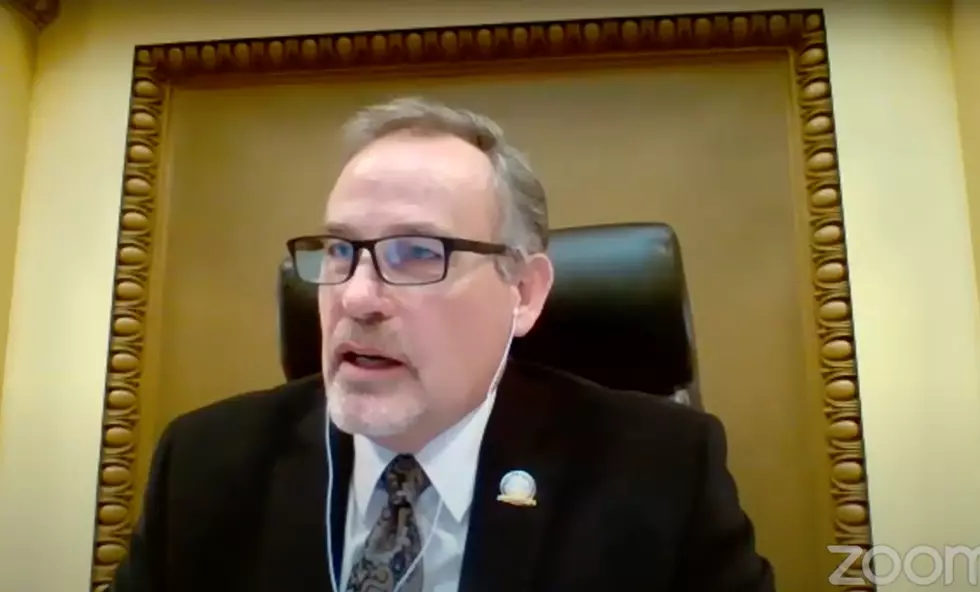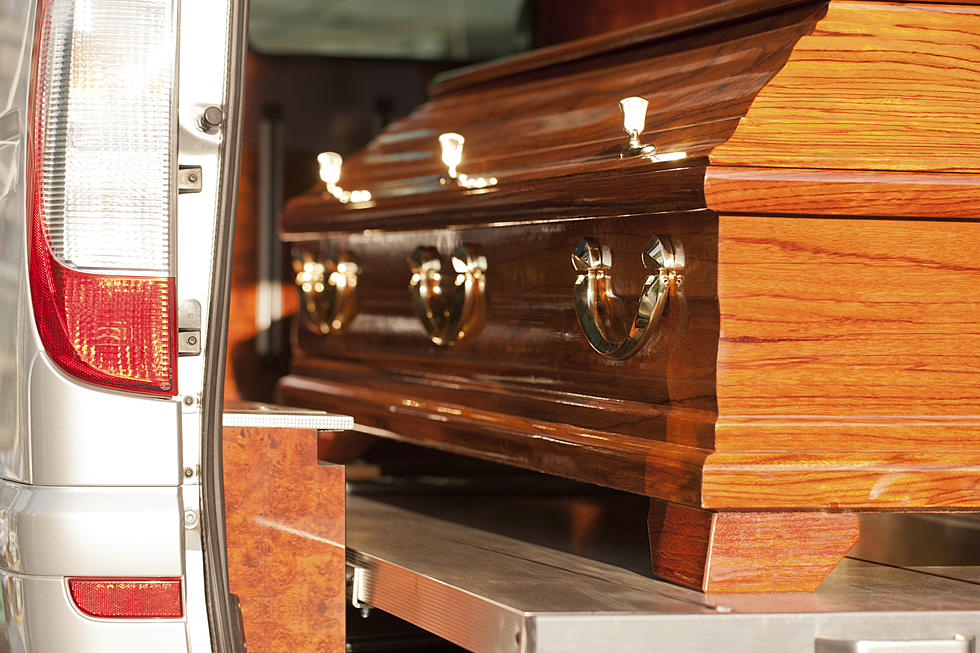
Defendant In Wyoming Prescription Drug Conspiracy Receives Probation
A defendant was sentenced to probation for her role in a state district court case related to the federal multistate prescription drug conspiracy allegedly orchestrated by a Casper doctor and his wife.
Deni Antelope was sentenced to a suspended four- to six-year prison sentence, and instead to a three-year term of supervised probation for one count of conspiracy to distribute oxycodone, a Schedule II drug, Natrona County District Court Judge Daniel Forgey said Wednesday.
The judge also sentenced Antelope to a suspended 18- to 36-month prison sentence on one count of conspiracy to deliver the Schedule IV controlled substance Xanax., and instead sentenced her to two years of probation.
The probation terms will run concurrently. Forgey also levied hundreds of dollars of court fines and fees.
Antelope's public defender Todd Infanger said she has been doing well and working full time. "I know she will be successful on probation," he said.
In November, Antelope pleaded guilty and told Forgey she would buy prescriptions from Dr. Shakeel Kahn and sell the pills to others who did not have prescriptions in Fremont County. In turn, she received pills as payment, she said.
On Sept. 22, Dustin Big Medicine -- Antelope's husband -- was the first of the 10 defendants to plead guilty in the case. He pleaded guilty to one count of conspiracy to distribute oxycontin, a Schedule II drug.
Local, state and federal agencies discovered Antelope, Big Medicine and the other defendants during the investigation of Kahn and his wife, Lyn, who are charged in federal court with multiple counts, according to court records. Two other defendants were later charged in the federal drug conspiracy case: Paul Beland, and Kahn's brother Nabeel Khan. Their trial probably will happen later this year.
The Kahns were arrested at their home in Casper on Nov. 30.
As the DEA's investigation progressed, the DCI learned people would pay $500 in cash a month for a prescription of whatever they wanted, as long as they signed a contract stating they were not wearing a wire, not working with law enforcement, and promising to never call the doctor a drug dealer.
More From KOWB 1290









